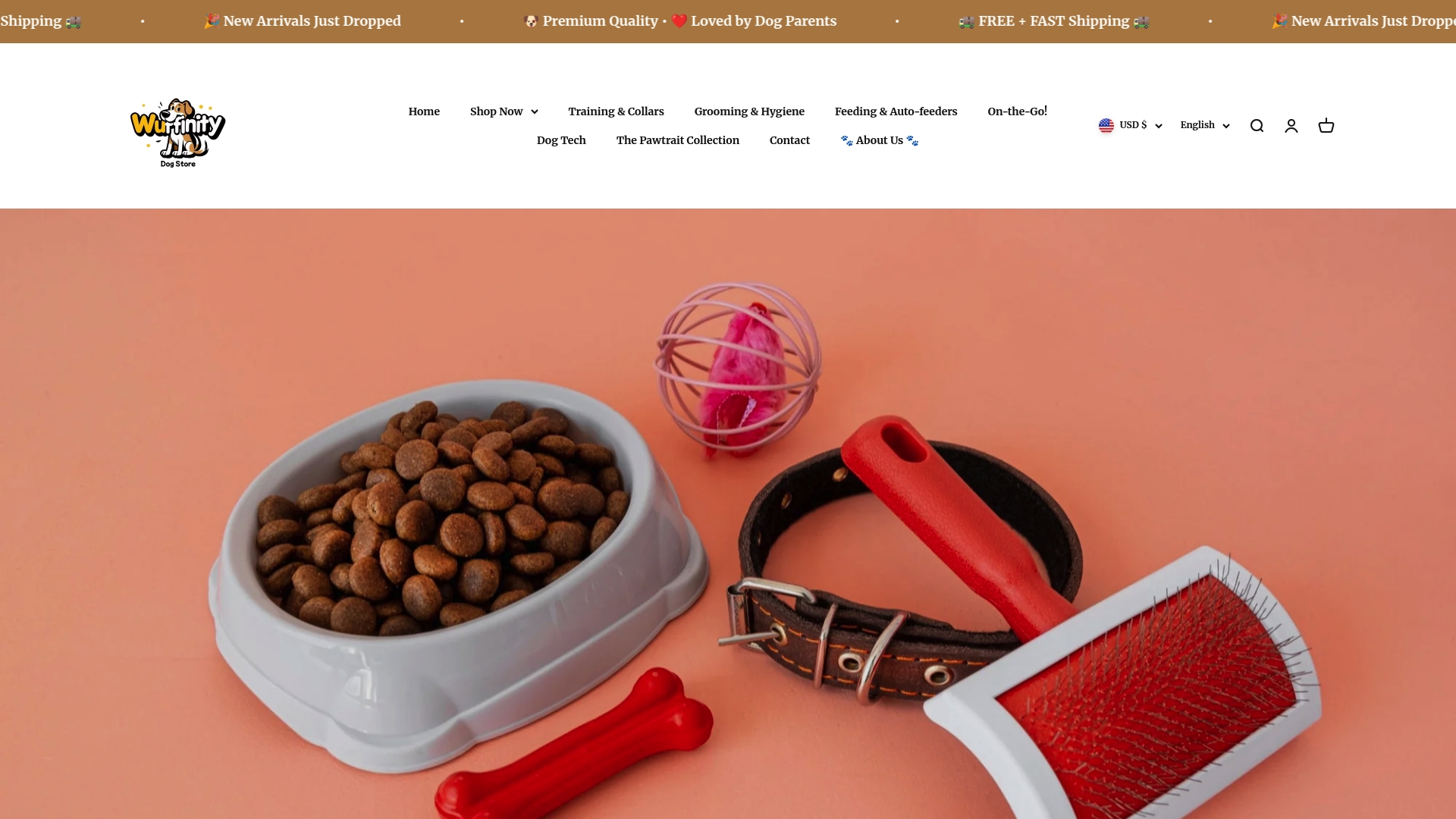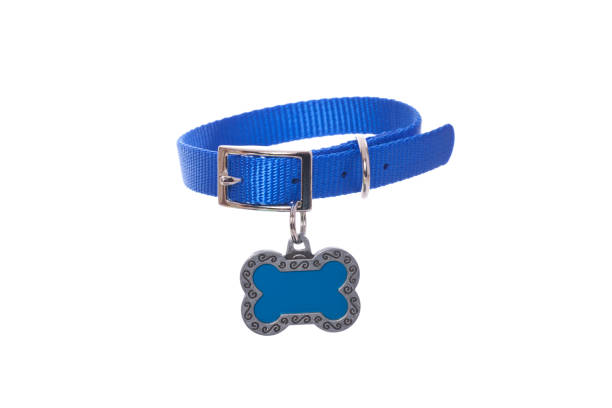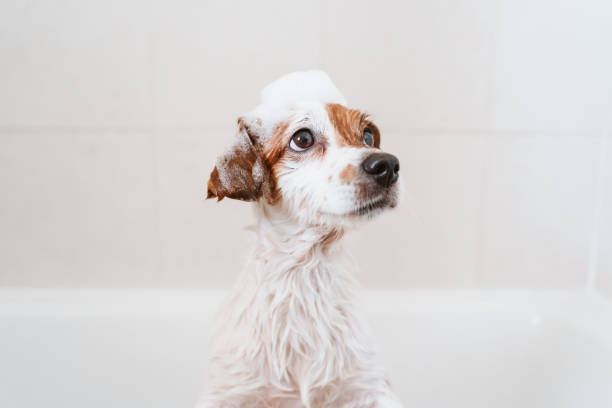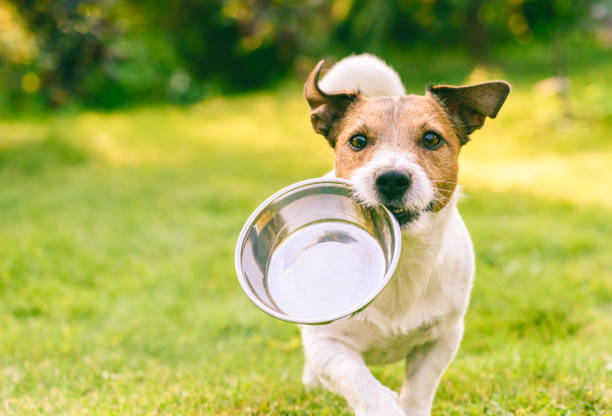Dog collars seem like a simple accessory, just a strap around your dog’s neck for tags and walks. Surprising, right? A collar can actually impact your pet’s health, comfort, and behavior far more than most people imagine. In fact, choosing the wrong collar can lead to skin irritation, neck injuries, or even breathing issues. So the real question is not just whether your dog should wear a collar, but whether you truly know which kind makes the difference between a happy companion and a miserable one.
Table of Contents
- What Is A Dog Collar And Its Purpose?
- Importance Of Choosing The Right Collar
- How Different Types Of Collars Work
- Key Features To Look For In Dog Collars
- Real-World Context: Collar Choices And Pet Behavior
Quick Summary
| Takeaway | Explanation |
|---|---|
| Select based on function, not just looks | Choose a collar that meets practical needs like safety, control, and training rather than focusing solely on aesthetics. |
| Fit and comfort are critical | An ill-fitting collar can lead to health issues like skin irritation or neck strain, so ensure a proper fit for your dog. |
| Match collar type to behavior | Different collar types cater to unique training and behavioral needs, enhancing your dog’s obedience and safety. |
| Quality materials enhance durability | Opt for high-quality materials that offer comfort, durability, and flexibility to withstand daily wear and environmental exposure. |
| Understand breed and activity needs | Collar selection should consider your dog’s breed, activity level, and individual behaviors for optimal comfort and effectiveness. |
What is a Dog Collar and Its Purpose?
A dog collar is a fundamental piece of pet equipment designed to serve multiple essential functions beyond simple identification. Understand more about different collar types with our comprehensive guide to ensure you select the most appropriate option for your canine companion.
The Basic Definition and Function
At its core, a dog collar is a flexible band worn around a dog’s neck, typically made from materials like leather, nylon, or fabric. The primary purpose extends far beyond aesthetics, encompassing critical safety, training, and communication needs. Dog collars provide a critical connection point between pet and owner, allowing for control during walks, displaying identification tags, and serving as a foundation for training techniques.
Essential Purposes of Dog Collars
Dog collars serve several crucial functions that contribute to a pet’s safety and an owner’s peace of mind:
- Identification: Collars hold crucial identification tags with the dog’s name, owner contact information, and vaccination details
- Control and Management: Provides a secure attachment point for leashes during walks and training sessions
- Training Tool: Some specialized collars help modify behavioral patterns and assist in obedience training
According to veterinary research from the American Veterinary Medical Association, choosing the right collar involves considering your dog’s specific needs, breed characteristics, and individual behavior patterns. The ideal collar balances comfort, functionality, and safety, ensuring your dog remains secure while allowing for natural movement and communication.
Understanding the nuanced role of dog collars helps pet owners make informed decisions that support their dog’s well-being and strengthen the human-animal bond.
Importance of Choosing the Right Collar
Selecting the appropriate dog collar is far more complex than a simple aesthetic choice. Learn how to size your dog’s collar perfectly with our comprehensive guide to ensure maximum comfort and safety for your furry friend.
Health and Physical Comfort Considerations
The right collar plays a critical role in your dog’s physical well-being. An ill-fitting collar can cause significant health problems, including skin irritation, neck strain, and potential breathing difficulties.
Dogs with sensitive skin or thick fur require special attention to prevent chafing and discomfort. Veterinary experts emphasize that collar selection should account for breed-specific characteristics, such as neck shape, fur density, and individual temperament.
Safety and Behavioral Impact
Beyond physical comfort, the correct collar directly influences your dog’s behavioral training and overall safety. Different collar types serve distinct purposes:
- Training Collars: Support behavior modification and obedience techniques
- Identification Collars: Provide critical contact information in case of separation
- Activity-Specific Collars: Designed for specific environments like hiking or swimming
According to research from the American Kennel Club, inappropriate collar selection can potentially undermine training efforts and compromise your dog’s safety during walks and outdoor activities.
Ultimately, choosing the right collar requires careful consideration of your dog’s unique physical attributes, behavioral needs, and lifestyle requirements. A thoughtful approach ensures not just comfort, but also enhances the bond between you and your canine companion.
How Different Types of Collars Work
Discover our military-grade no-pull control solution for maximum dog management, designed to address specific behavioral challenges and enhance training effectiveness.
Standard Collar Mechanics
Standard flat collars function as the most basic form of dog collar, typically featuring a buckle or quick-release mechanism. These collars provide a simple attachment point for identification tags and leashes, distributing pressure evenly around the dog’s neck during walking and basic control scenarios. The primary design focuses on comfort and basic restraint, allowing owners to maintain connection with their pets while providing minimal training intervention.
Specialized Collar Functionalities
Beyond standard designs, specialized collars offer targeted solutions for specific behavioral and training needs
 :
:
- Martingale Collars: Designed for dogs with narrow heads like greyhounds, preventing escape while reducing choking risks
- Training Collars: Provide gentle correction mechanisms for behavioral modification
- GPS-Enabled Collars: Offer real-time location tracking and safety monitoring
According to canine behavior research from the Journal of Veterinary Behavior, different collar types interact uniquely with a dog’s physical and psychological responses. Some collars actively communicate training signals, while others merely serve identification and control purposes.
The effectiveness of a collar depends not just on its mechanical design, but on understanding the individual dog’s temperament, physical characteristics, and specific behavioral requirements. Check out our recommended GPS Collar for insights into how it could support you and your pooch.
The following table compares common types of dog collars discussed in the article, highlighting their primary functions and the specific needs or scenarios they address.
| Collar Type | Main Function | Best For |
|---|---|---|
| Standard Flat Collar | Basic control, identification tags | Everyday use, most dogs |
| Martingale Collar | Prevents escape, reduces choking risk | Dogs with narrow heads (e.g., greyhounds) |
| Training Collar | Provides correction for behavior | Obedience training, behavior modification |
| GPS-Enabled Collar | Real-time location tracking | Safety monitoring, preventing loss |
| Activity-Specific | Supports special environments | Hiking, swimming, high-activity dogs |
Key Features to Look for in Dog Collars
Learn about the safest approaches to selecting the perfect dog collar for your pet and ensure maximum comfort and protection.
Material Quality and Durability
The fundamental cornerstone of an excellent dog collar is its material composition. Different materials offer varying levels of durability, comfort, and functionality. High-quality collars should withstand daily wear, resist moisture, and maintain structural integrity under different environmental conditions. Synthetic materials like nylon provide lightweight flexibility, while leather offers classic durability and aesthetic appeal. The selection depends on your dog’s lifestyle, activity level, and specific environmental exposures.
Below is a comparison of common dog collar materials as described in the article, showing their main characteristics and the scenarios they suit best.
| Material | Key Characteristics | Best Used For |
|---|---|---|
| Nylon | Lightweight, flexible, durable | Daily wear, active dogs |
| Leather | Durable, stylish, classic | Traditional, long-term use |
| Fabric | Soft, may offer various styles | Gentle use, puppies |
| Synthetic | Moisture resistance, strong | Outdoor activities |
Comfort and Fit Considerations
Beyond material, several critical features determine a collar’s effectiveness and your dog’s comfort:
- Adjustability: Ensures proper sizing across different growth stages
- Padding: Reduces friction and prevents skin irritation
- Width: Distributes pressure evenly to prevent neck strain
According to veterinary ergonomics research from the Journal of Animal Science, collar width and fit directly correlate with a dog’s physiological comfort and potential long-term neck health. Improper sizing can lead to significant physical stress, making precise measurement crucial.
The ideal dog collar transcends mere aesthetics, serving as a critical interface between owner and pet.
 Careful consideration of material, design, and individual dog characteristics ensures not just a functional accessory, but a tool that supports your dog’s well-being and strengthens your relationship.
Careful consideration of material, design, and individual dog characteristics ensures not just a functional accessory, but a tool that supports your dog’s well-being and strengthens your relationship.
Real-World Context: Collar Choices and Pet Behavior
Collars are not merely accessories but powerful tools that interact directly with a dog’s psychological and physical behavioral patterns. Understanding this intricate relationship helps owners make more informed decisions about their pet’s equipment and training approaches.
Behavioral Interaction and Communication
Dog collars serve as sophisticated communication interfaces between owners and their pets. Different collar designs trigger unique behavioral responses, influencing everything from walking patterns to training receptiveness. Subtle pressure points and material interactions can significantly impact a dog’s comfort and willingness to cooperate. For instance, a collar that feels restrictive might create anxiety, while a well-designed collar can promote confidence and attentiveness.
Environmental and Breed-Specific Considerations
Choosing the right collar requires understanding how various factors interact with your dog’s innate characteristics:
- Breed Temperament: High-energy breeds require different collar approaches compared to more sedentary dogs
- Activity Level: Working dogs need more robust, versatile collar designs
- Training Stage: Puppies require gentler, more adaptable collar solutions
According to behavioral research published in Applied Animal Behaviour Science, collar selection directly correlates with a dog’s stress levels and training responsiveness. The wrong collar can inadvertently create negative behavioral patterns, undermining training efforts and potentially damaging the human-animal bond.
Ultimately, a collar represents more than a restraint mechanism. It is a nuanced tool for communication, training, and mutual understanding between dogs and their human companions.
Take the Guesswork Out of Choosing the Right Dog Collar
Are you struggling to find a collar that balances comfort, safety, and style for your dog? You are not alone. Many pet parents feel uncertain about selecting the best collar as highlighted in our article, with concerns about fit, durability, and their dog’s well-being. The wrong choice can lead to skin irritation, neck strain, or even increased anxiety for your pet.

Now is the perfect time to browse the expertly curated selection at Wuffinity.store. Our collection addresses the very pain points discussed in “Understanding the Best Type of Dog Collar for Your Pet.” Each product is designed to meet functional, comfort, and safety needs to help your dog thrive. Ready to upgrade your dog’s collar with confidence? Visit Wuffinity.store today to explore trusted solutions. See how our comprehensive guide to different collar types can transform your pet care routine and shop with ease for products tailored to your dog’s unique needs.
Frequently Asked Questions
What are the essential functions of a dog collar?
Dog collars serve multiple purposes, including identification, control during walks, and as a training tool to assist in behavior modification.
How do I choose the right collar for my dog?
Choosing the right collar involves considering your dog’s size, breed characteristics, comfort, and specific behavioral needs. It’s important to select a collar that fits well and doesn’t cause any discomfort.
What materials are best for dog collars?
High-quality dog collars are typically made from materials like nylon, leather, or fabric, each offering varying levels of durability and comfort. The choice depends on your dog’s lifestyle and the environments they frequent.
How does the wrong collar affect my dog’s behavior?
An ill-fitting or inappropriate collar can lead to discomfort, anxiety, and stress, which may undermine training efforts and negatively impact your dog’s overall behavior and willingness to cooperate.






0 comments